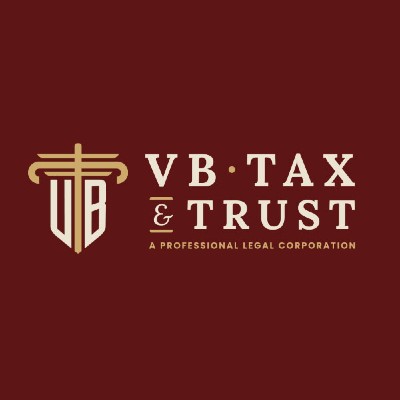Death Benefit and Estate Law
What does Death Benefit and Estate Law mean?
Death benefits include any sum of money, including a lump sum payout or annuity, paid to the survivors of a decedent. Benefits can be paid from life insurance policies, employment funds, workers' compensation settlements, union benefits, or other government programs such as Social Security Disability Income (SSDI) or military death benefits. Survivors can include parents, children, spouses, business partners or any other individual or entity specified by the decedent.
Why are death benefits paid?
Death benefits are provided to survivors to help generate income despite the loss of a wage-earner. The benefits may allow the recipient the time and opportunity to become self-supporting.
Keep in mind, however, the amount provided to the recipient and the duration of the death benefit payment will vary based on the policy of the decedent. Death benefits may also be taxable, which means the recipient should consult with a tax accountant.
Preparing for Death
If you have death benefits which will be distributed following your death it is important to make sure the recipients have been designated on the beneficiary designation form and submitted to the plan or the appropriate operating body.
Related Pages
Lawyers near
Term of the Day
Medical evidence
Medical evidence is information gathered by the SSA from a claimant\'s treating sources.Category: Disability






